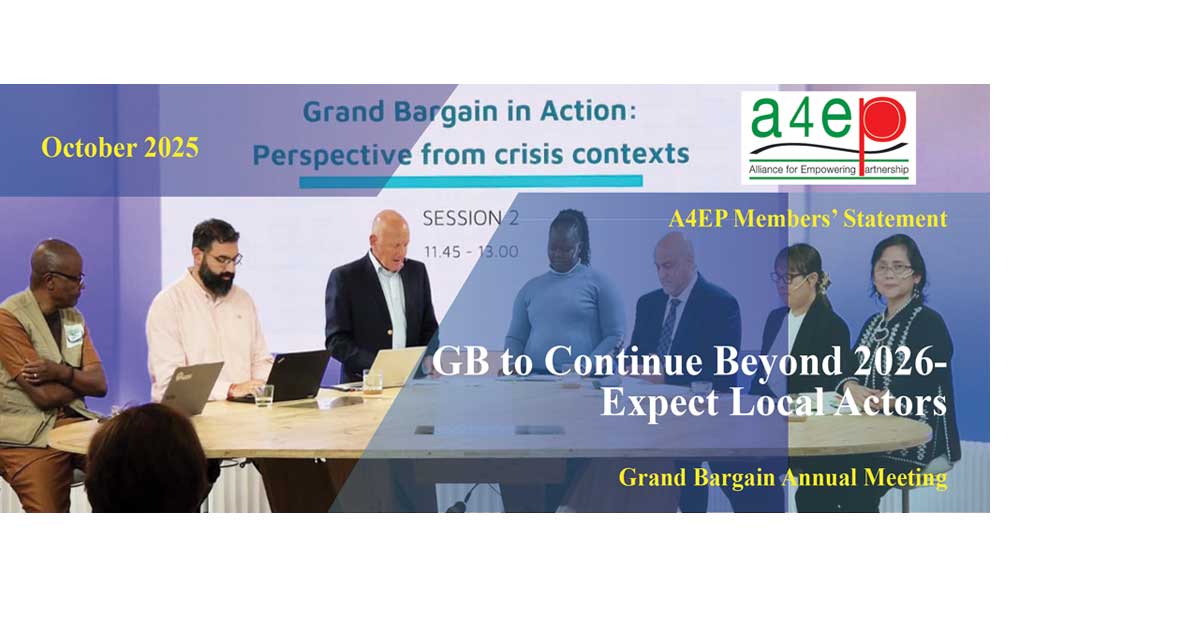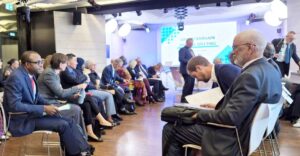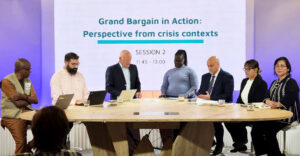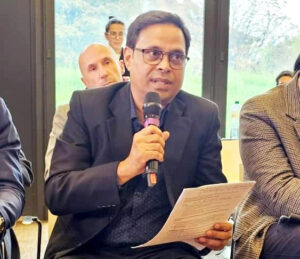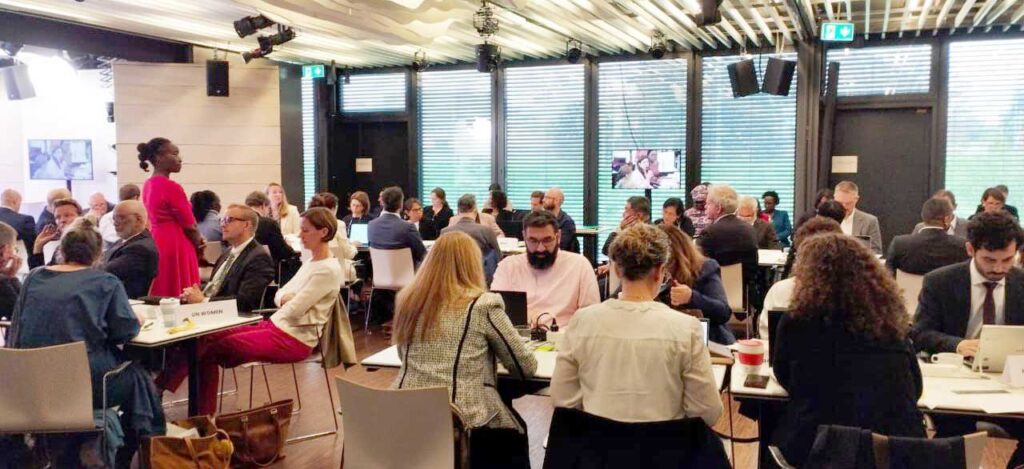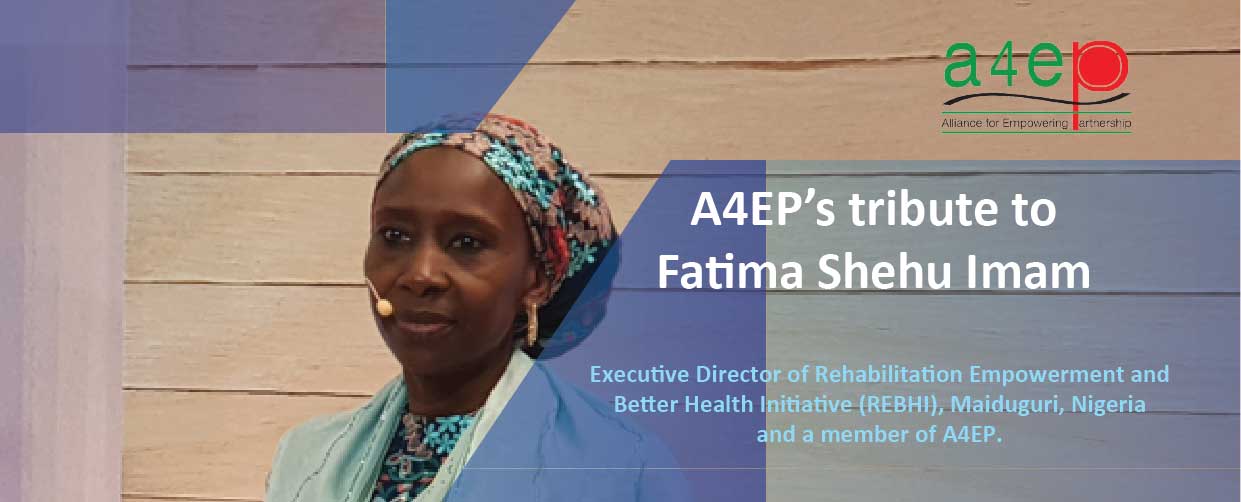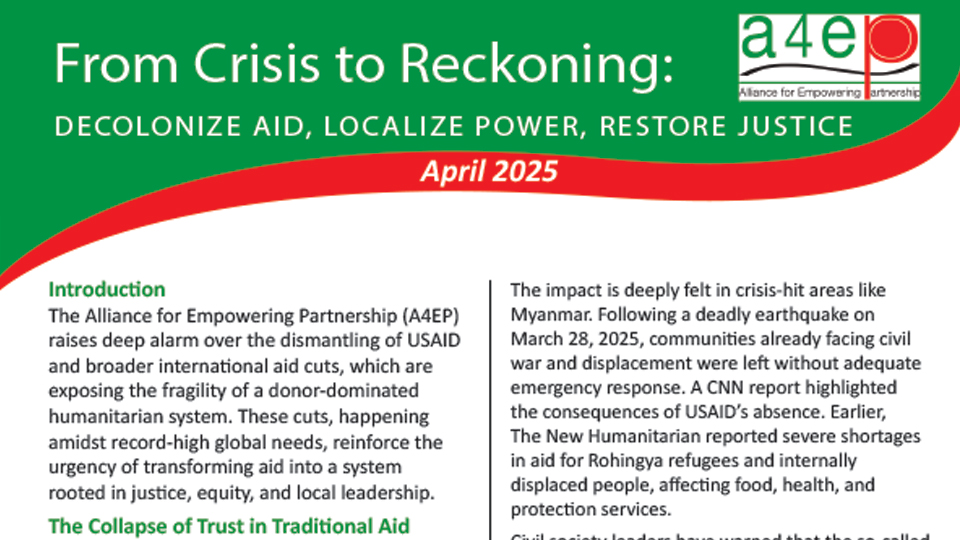GB to Continue Beyond 2026- Expect Local Actors: A4EP Members' Statement, Grand Bargain Annual Meeting_October 2025
Since its establishment in 2016, the Grand Bargain has provided a vital and trusted platform for a diverse range of stakeholders to convene, exchange perspectives, and collaboratively seek solutions to the complex humanitarian challenges facing our world. During the most recent funding crisis, the Grand Bargain once again demonstrated its value by serving as the immediate space where actors came together to collectively identify the way forward.
While progress has, at times, been incremental, it is important to recognise and build upon the meaningful gains achieved. The collective message from signatories and partners has been unequivocal: the Grand Bargain remains a precious and indispensable space that must not only continue but also evolve.
Looking ahead, the foremost priority must be to reinforce accountability for existing commitments while re-envisioning the future architecture of the Grand Bargain. In recent years, significant time and energy have been devoted to debating its future form. The time has now come to act—transforming the Grand Bargain into a permanent, inclusive, and equitable platform anchored in power equity, respect for local leadership, and a genuine commitment to transformative change that goes beyond efficiency and effectiveness. As advocated during the annual meeting, the GB platform ought to be more inclusive. As advocated previously by A4EP, the GB platform should consider developing dedicated humanitarian goals aligned with SFDRR priorities and SDGs. The time is ripe to seek synergy with the Humanitarian Reset and the UN 80 Reform process through dedicated humanitarian goals.
This transformation requires shifting decision-making authority and resources closer to affected populations, thereby ensuring that responses are contextually grounded and community driven. It also necessitates accelerated progress in two areas identified as lagging in both the perception survey and self-reporting:
- Quality funding and the development of more diverse and innovative financing mechanisms that enable direct funding to local actors; and
- The simplification and harmonisation of administrative requirements to reduce burdens and enhance accessibility.
The scale and complexity of contemporary crises underscore a fundamental truth: no single actor can respond effectively in isolation. At the most recent annual meeting, both local actors and signatories strongly emphasised the need to broaden stakeholder engagement and strengthen the participation of local and national governments from the Global South, recognising the complementarity of roles and the unique value each brings to collective humanitarian action. Only through collaboration, inclusivity, and mutual accountability can we move from stated commitments to tangible change for those we aim to serve.
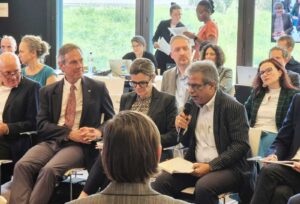
Since 2016, NEAR and A4EP, alongside the broader Global South constituency, have devoted considerable time and effort to ensuring that community perspectives and lived experiences inform and influence policy discussions within the Grand Bargain. As deliberations continue on its future, it is essential that this inclusive engagement be expanded to ensure broader, more diverse, and more representative participation of local actors in shaping the next phase of the Grand Bargain.
The forthcoming tenth anniversary presents a timely opportunity both to celebrate collective achievements and to reflect candidly on areas of underperformance. It also calls for a renewed, concerted effort to accelerate the realisation of existing commitments.
Accordingly, A4EP calls upon all signatories—particularly donors and international actors—to uphold their commitments and to actively support the evolution of the Grand Bargain beyond 2026 in order to fully realise its mission. Encouragingly, National Reference Groups and other locally led structures are already advancing this agenda at the country level, ensuring that progress is monitored and action is sustained. They are not waiting for the future to unfold—they are already shaping it.
Download the report click here
Contact: [email protected]


